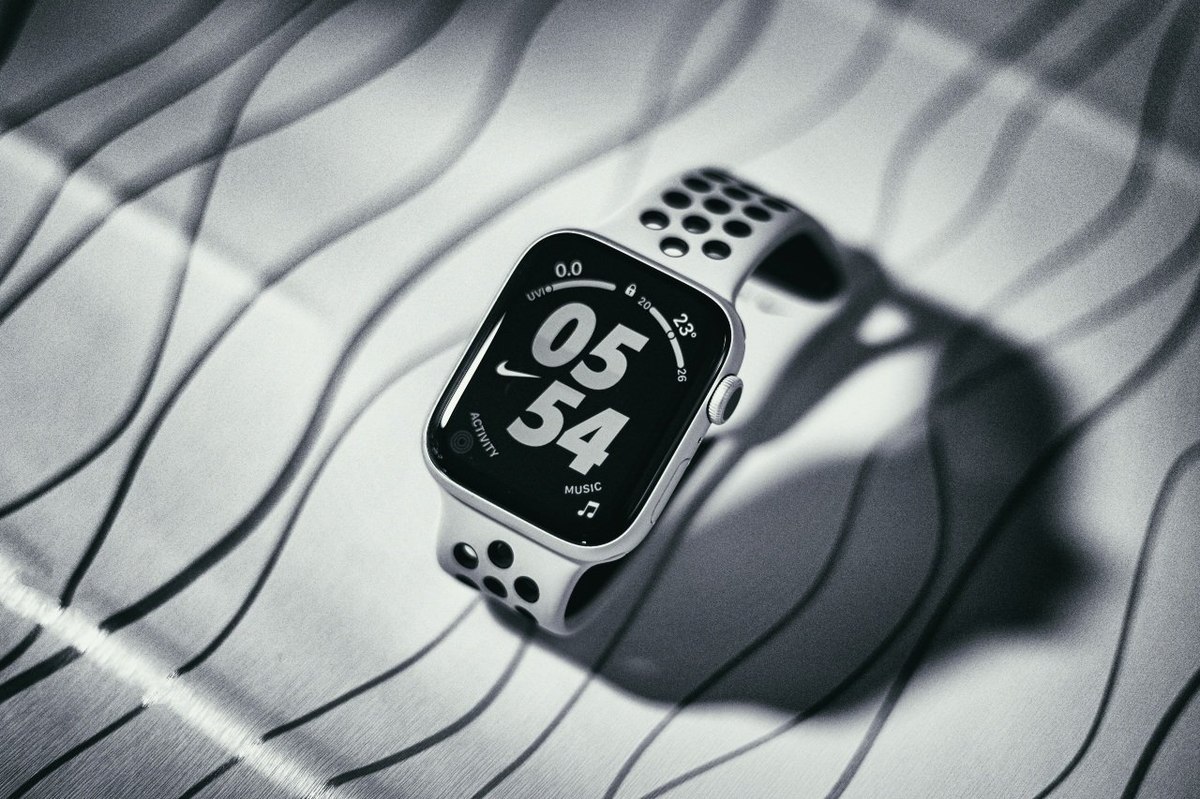
GB/US: Does owning wearables make consumers more health conscious?
Wearable technology has evolved over the years from simply tracking physical activities to more serious health use cases like heart rate monitoring. Data from YouGov Global Profiles reveals whether consumers in the United States and Great Britain think that wearable devices encourage people to be healthier. We also ask consumers who bought wearables in the last 12 months if they consider themselves to be fit in any way.
It could be the constant reminder of the number of steps taken or workout options which makes 60% of Britons agree that wearable devices can encourage people to be healthier. Slightly fewer, but still over half of Americans (50%) think the same.
Just over one in ten consumers in both the markets say they’ve purchased a wearable device in the last 12 months (13% in US and 12% in GB).
Over half of Americans (58%) who bought wearable devices in the last 12 months say they consider themselves mentally healthy. Slightly fewer, but still half of overall Britons (52%) also think likewise. While more than 50% of Americans who recently purchased wearables feel they are emotionally (56%) and physically (54%) healthy, the same is not true for the general population (48% and 47%, respectively). We can’t say if owning a wearable drives these impressions or otherwise, but a link looks to exist.
Over half of Americans who recently purchased wearables feel mentally, emotionally and physically healthy, but Britons aren’t on the same page. While 52% of Britons with recent wearable purchases feel mentally healthy, the numbers for those who consider themselves emotionally (42%) and physically (46%) healthy is lower. Nevertheless, for each measure of health they were asked about, Brits with wearables were more likely to indicate positive health than those without.
Methodology: YouGov Profiles is based on continuously collected data and rolling surveys, rather than from a single limited questionnaire. Profiles data for USA and Great Britain is nationally representative and weighted by age, gender, education, region, and race. Learn more about Profiles.
Discover more health and pharma content here